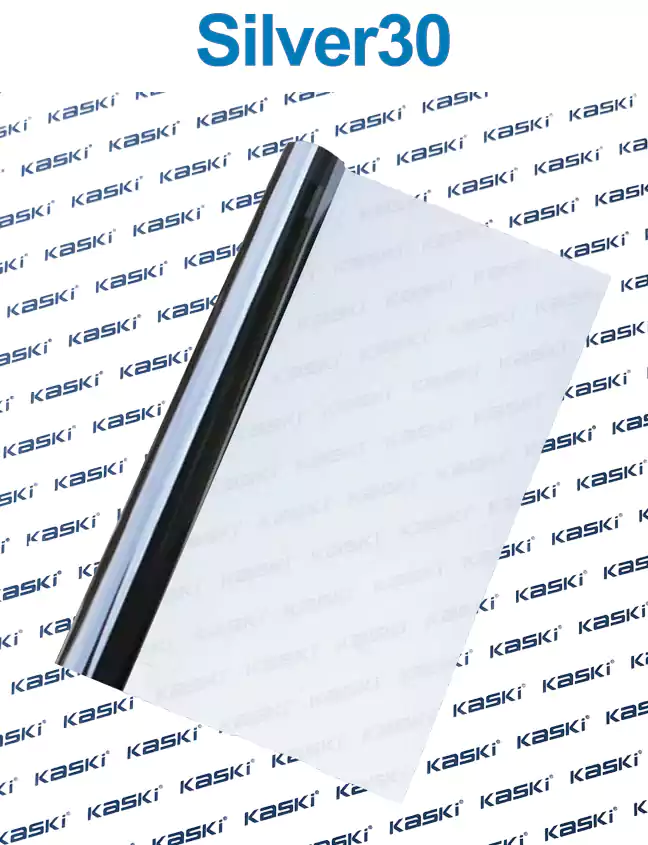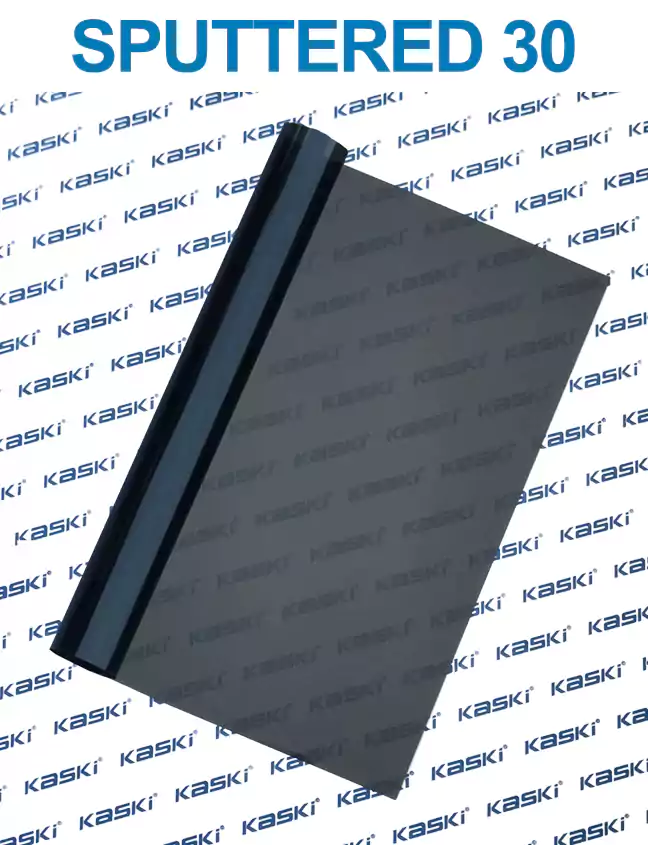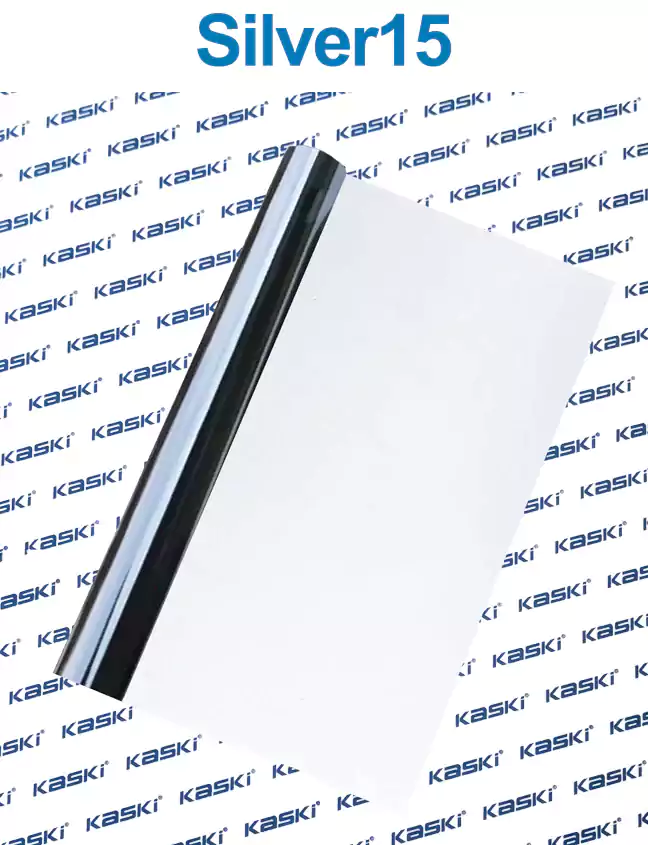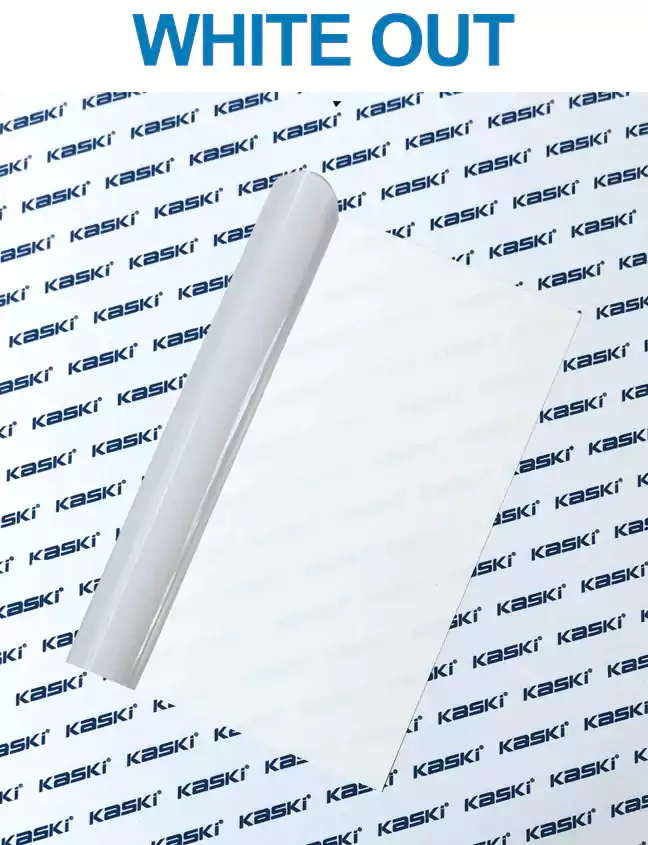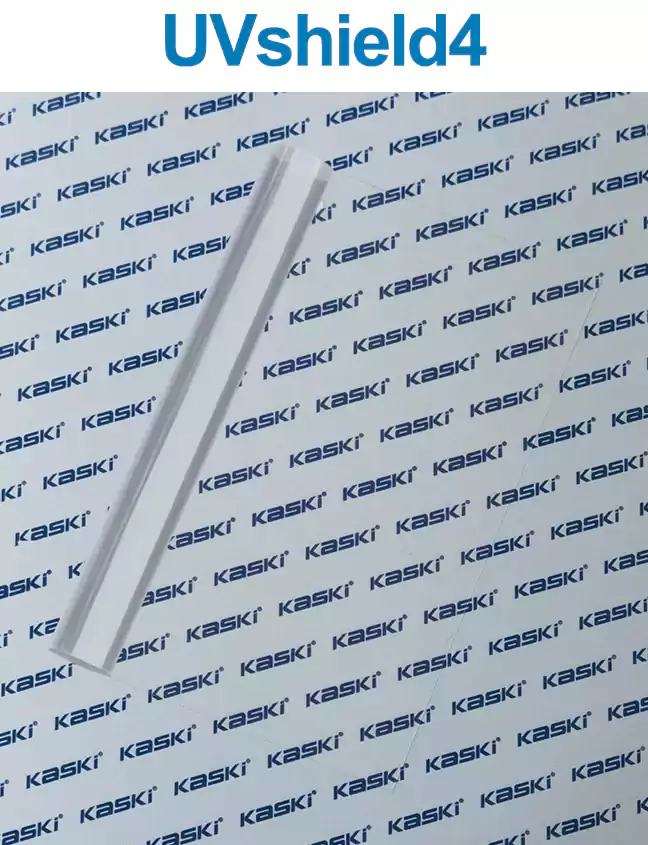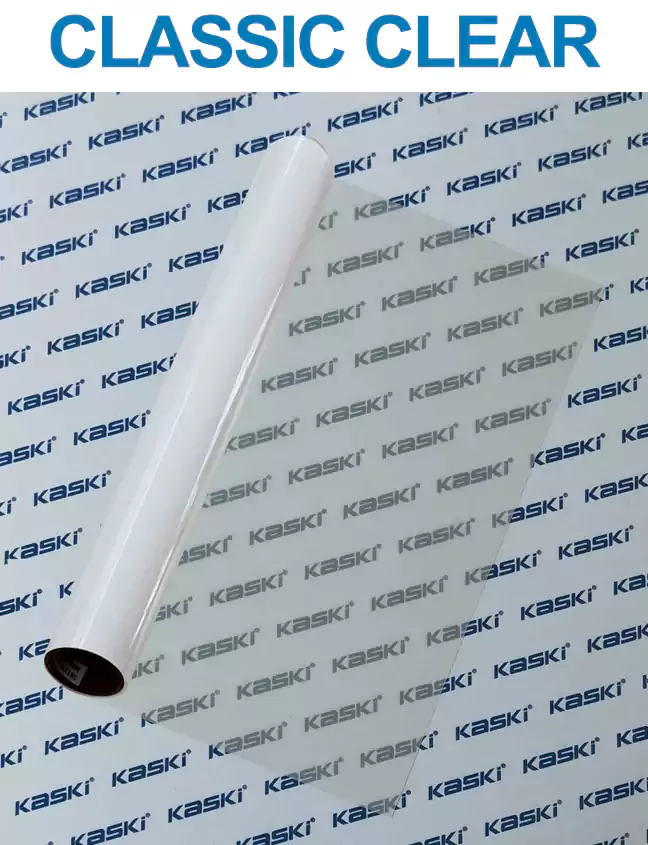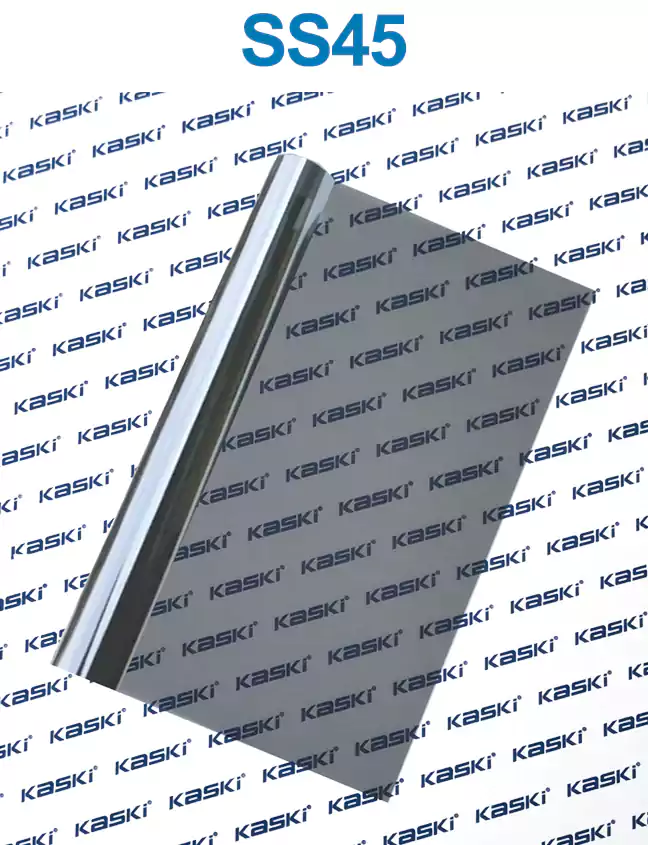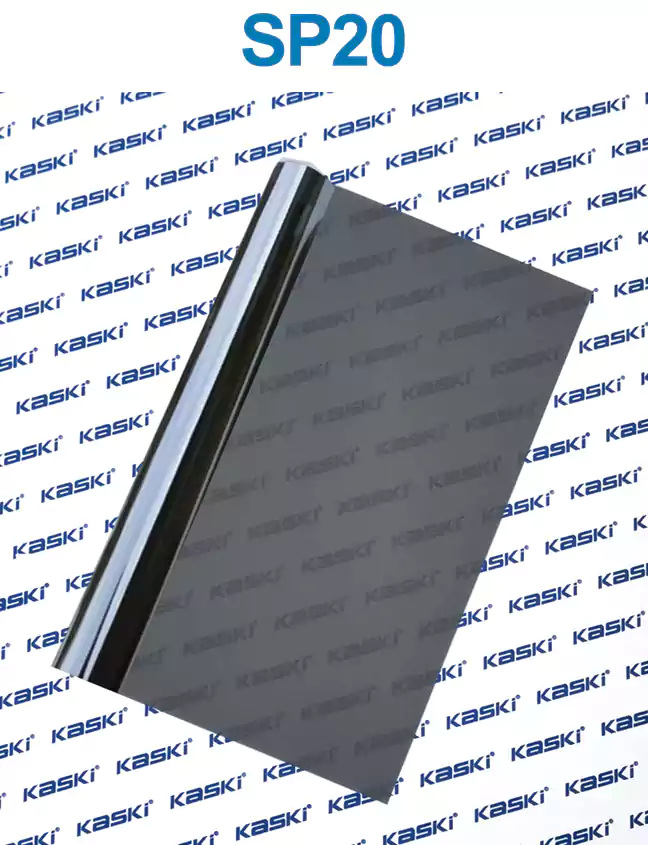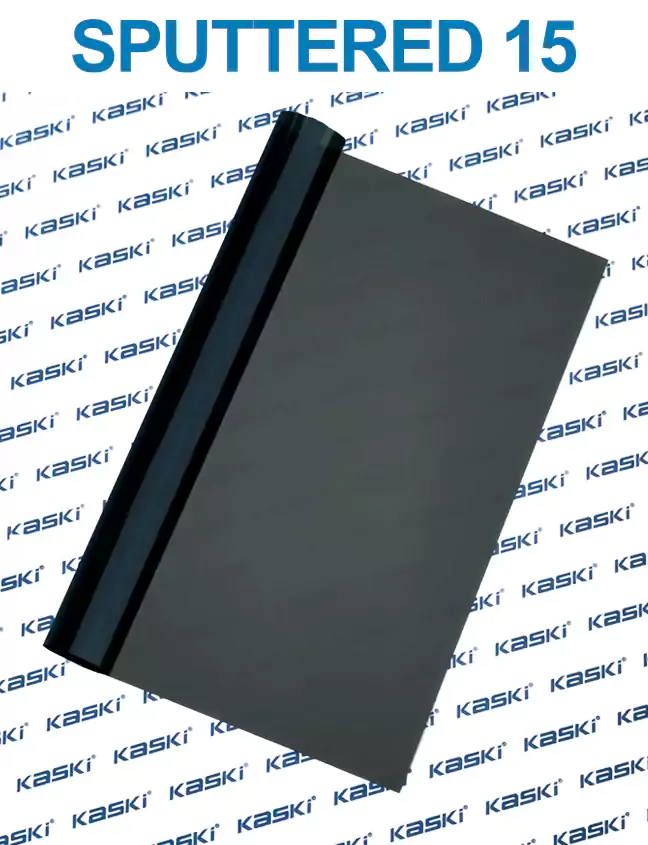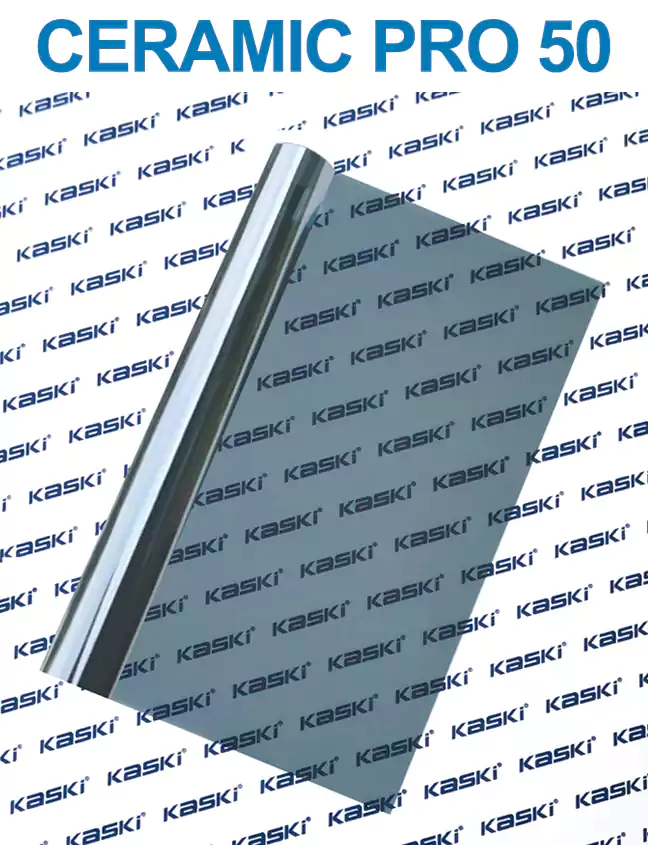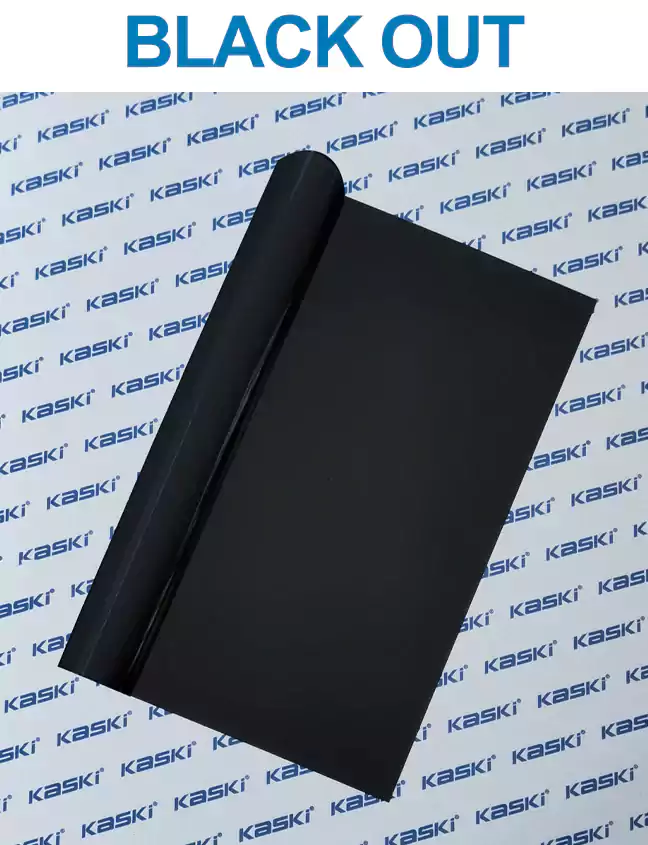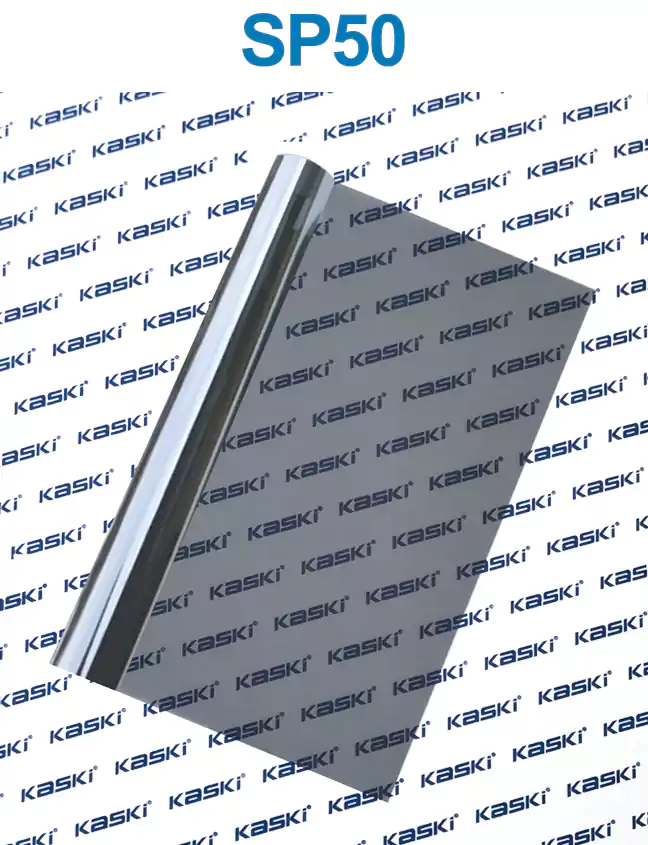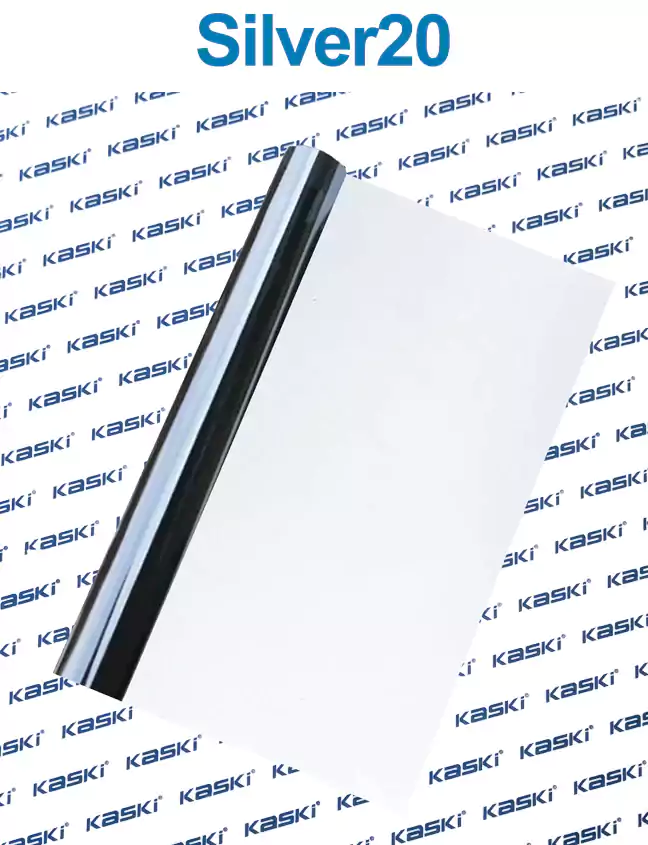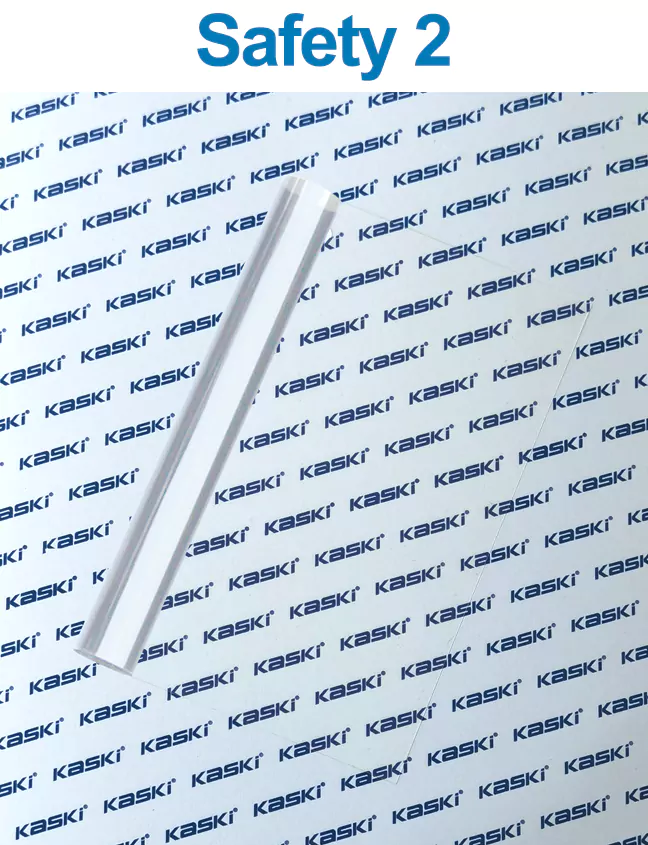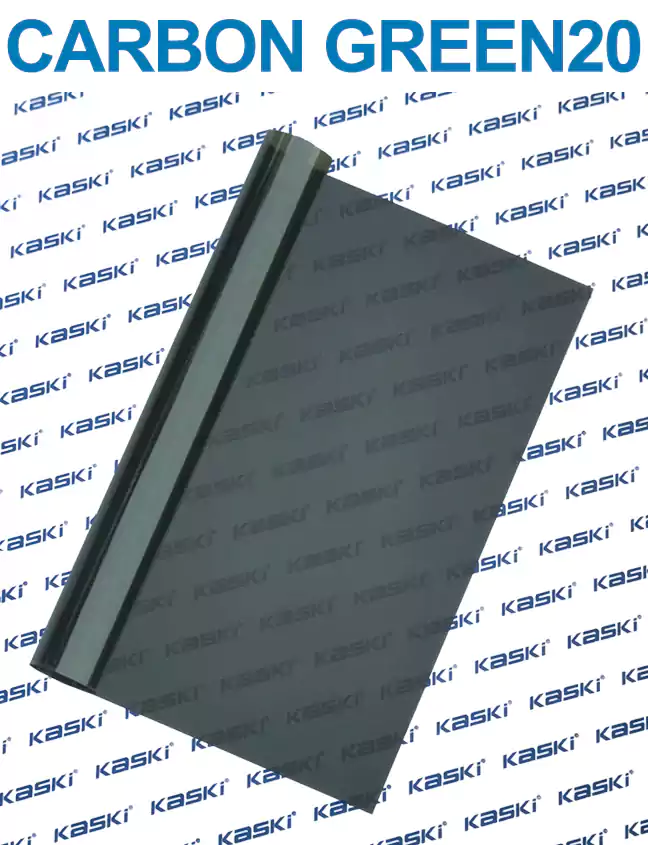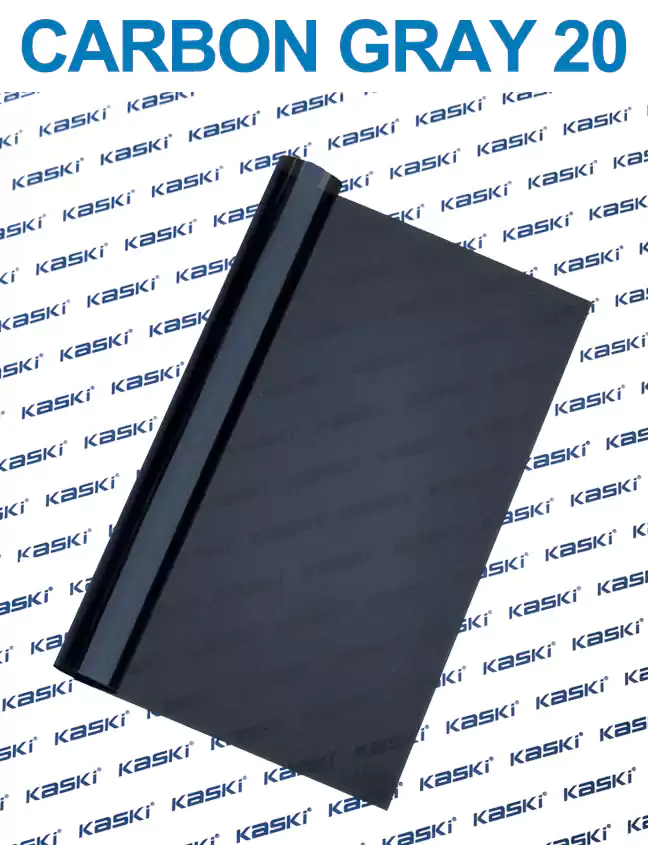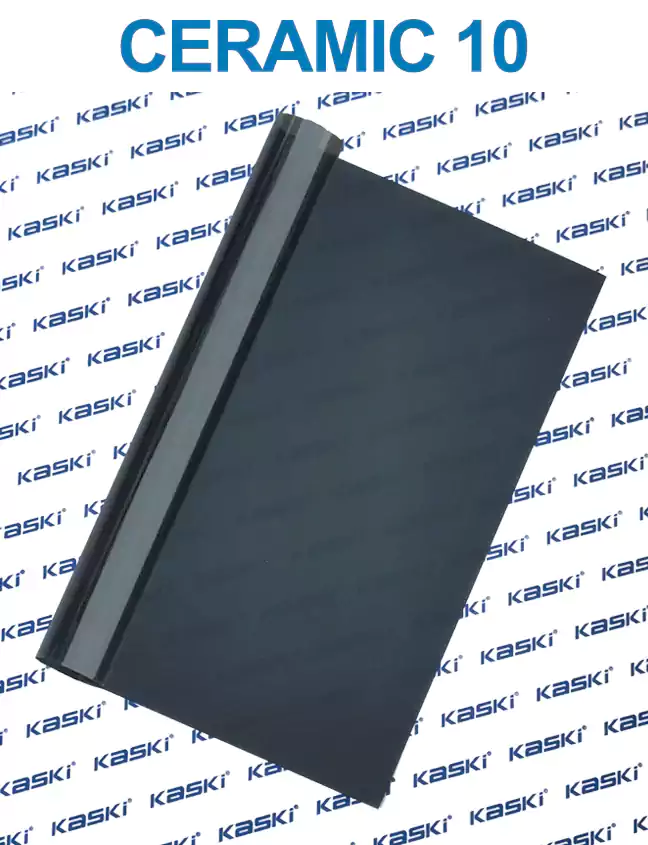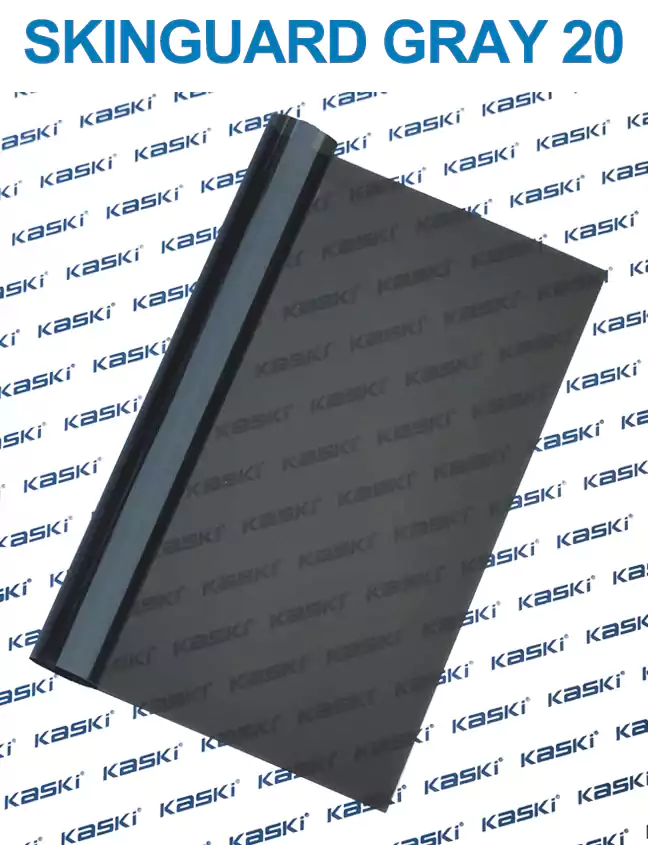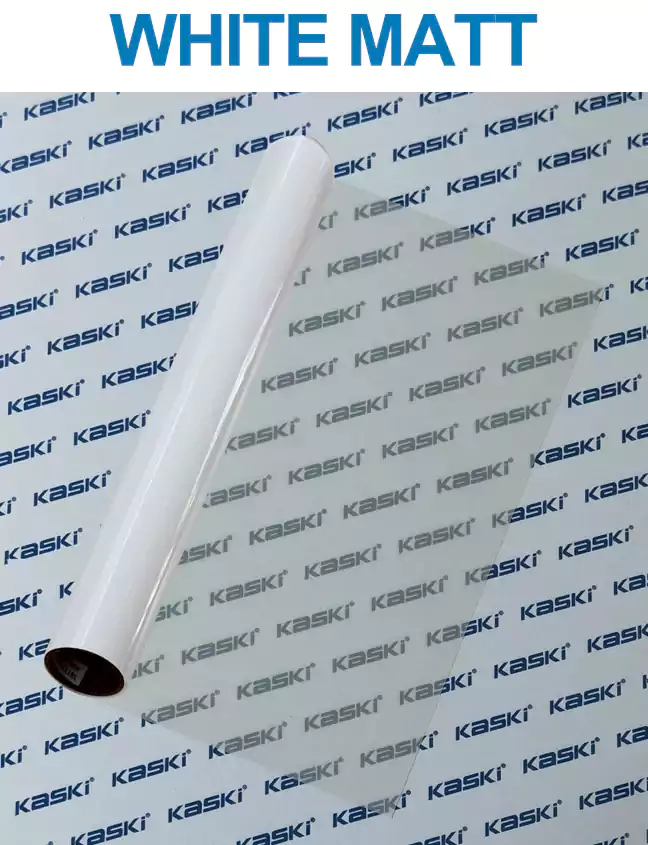When it comes to creating a comfortable and private living or work environment, the importance of effective window treatments cannot be overstated. One innovative solution that has gained significant attention is the Privacy control window film. This versatile technology offers a range of benefits, from enhanced privacy and glare reduction to improved energy efficiency and UV protection.
In this informative blog post, we will delve into the world of privacy control window films, exploring their features, benefits, and a detailed project showcasing their transformative power.
Key Features of Privacy Control Windows
Privacy control windows, also known as mirror reflective film or privacy film, are designed to provide a customizable solution for managing light, glare, and visibility within a space. These windows utilize a specialized film that can be applied to existing glass surfaces, offering a cost-effective alternative to traditional window treatments.
1. Privacy: The primary function of privacy control window films is to enhance privacy by reducing the visibility of the interior from the outside. The reflective film creates a one-way mirror effect, allowing occupants to see out while preventing outsiders from peering in.
2. Glare Reduction: The mirror-like surface of the privacy film helps to mitigate glare, making it easier to work, read, or enjoy media without the discomfort of harsh reflections.
3. UV Rejection: Many privacy control window films are engineered to block a significant portion of harmful ultraviolet (UV) rays, protecting both people and furnishings from sun damage.
4. Heat Rejection: The reflective properties of the film can also help to reduce heat transfer, improving energy efficiency and keeping the interior temperature more comfortable.
5. Customization: Privacy control windows can be tailored to meet specific needs, with a variety of film options, tint levels, and even custom designs available to suit the aesthetic of any space.
The Benefits of Privacy Control Windows
By incorporating privacy control windows into your living or work environment, you can enjoy a multitude of advantages that enhance both functionality and comfort.
1. Enhanced Privacy: The one-way mirror effect provided by the privacy film ensures that your personal space remains shielded from unwanted external views, creating a sense of security and comfort.
2. Improved Productivity: Reduced glare and better control over natural light can contribute to a more focused and distraction-free work environment, boosting productivity and overall well-being.
3. Energy Efficiency: The heat-rejecting properties of the privacy film can help to regulate indoor temperatures, leading to lower energy costs and a more sustainable approach to building management.
4. UV Protection: The UV-blocking capabilities of the film safeguard your furnishings, artwork, and even your skin from the damaging effects of prolonged exposure to sunlight.
5. Versatility: Privacy control windows can be applied to a wide range of glass surfaces, from residential windows to commercial storefronts, making them a versatile solution for various settings.
A Detailed Project: Transforming a Commercial Space
To illustrate the transformative power of privacy control windows, let's explore a detailed project that showcases their implementation.
Project Name: Enhancing Privacy and Comfort at ABC Accounting Firm
ABC Accounting Firm, a reputable financial services provider, recognized the need to create a more private and comfortable work environment for its employees and clients. The company's office space featured large, floor-to-ceiling windows that allowed for an abundance of natural light but also presented challenges in terms of privacy and glare management.
The Challenge
The open layout and expansive windows at ABC Accounting Firm created several issues that needed to be addressed:
1. Privacy Concerns: The firm's employees often felt exposed, as passersby could easily see into the office space, compromising their sense of privacy and confidentiality.
2. Glare and Visibility Issues: The bright, natural light streaming through the windows caused significant glare on computer screens, making it difficult for employees to work comfortably and efficiently.
3. Lack of Temperature Control: The large windows also contributed to heat gain, leading to fluctuations in indoor temperature and increased energy costs for the firm.
The Solution
After careful consideration, the management team at ABC Accounting Firm decided to implement a privacy control window solution to address these challenges.
They partnered with a reputable window film installation company to assess the space and recommend the most suitable privacy control window film. After a thorough evaluation, the team selected a high-performance, mirror-like film that offered the following features:
1. Privacy: The reflective film created a one-way mirror effect, allowing employees to see out while preventing outsiders from peering in.
2. Glare Reduction: The film's specialized coating effectively minimized glare on computer screens and other surfaces, improving visual comfort and productivity.
3. UV Rejection: The film's UV-blocking properties shielded the interior from harmful rays, protecting both employees and the firm's valuable assets, such as furniture and equipment.
4. Heat Rejection: The film's thermal-insulating properties helped to regulate indoor temperatures, contributing to improved energy efficiency and cost savings.
The Installation Process
The installation of the privacy control window film was carried out by a team of experienced technicians, ensuring a seamless and efficient process. The steps involved included:
1. Careful measurement and planning to ensure the film was cut to fit the office's windows precisely.
2. Thorough cleaning and preparation of the window surfaces to ensure proper adhesion.
3. Meticulous application of the privacy control film, with attention to detail to eliminate air bubbles or wrinkles.
4. Final inspection and quality assurance checks to ensure the film was installed correctly and met the firm's expectations.

